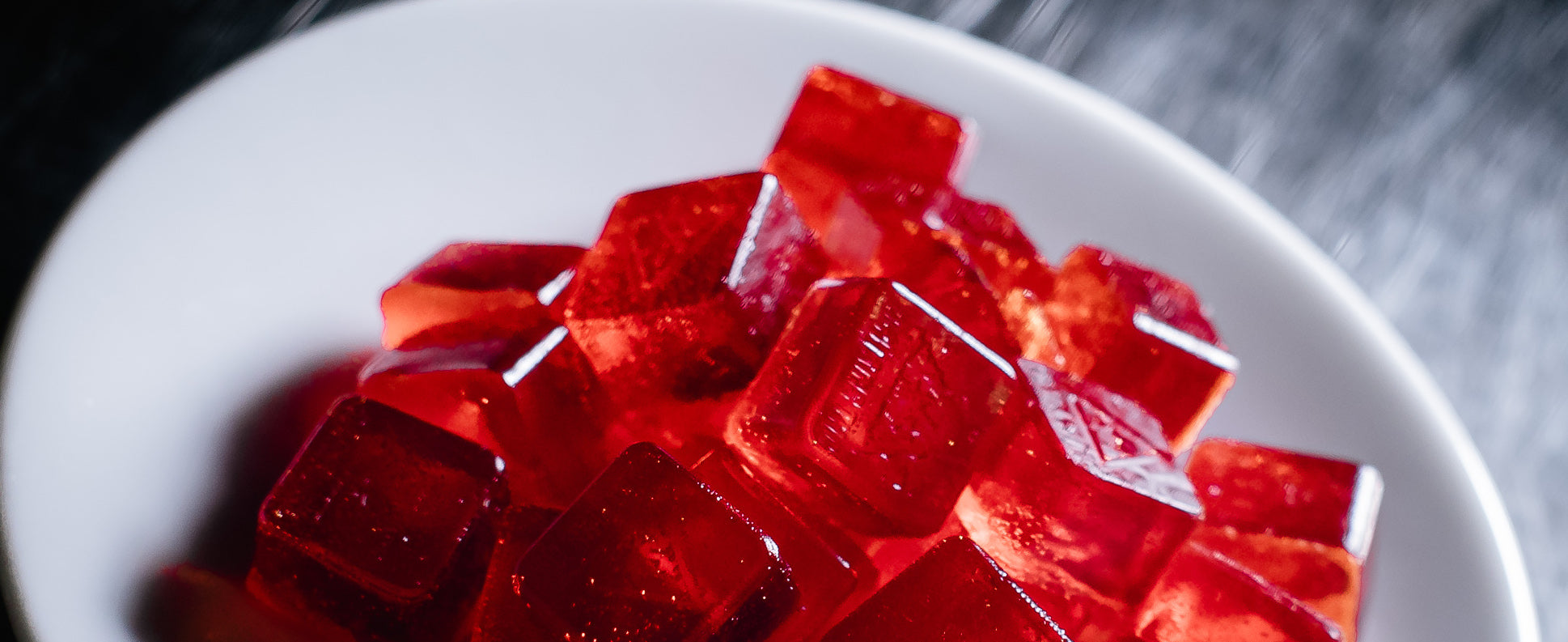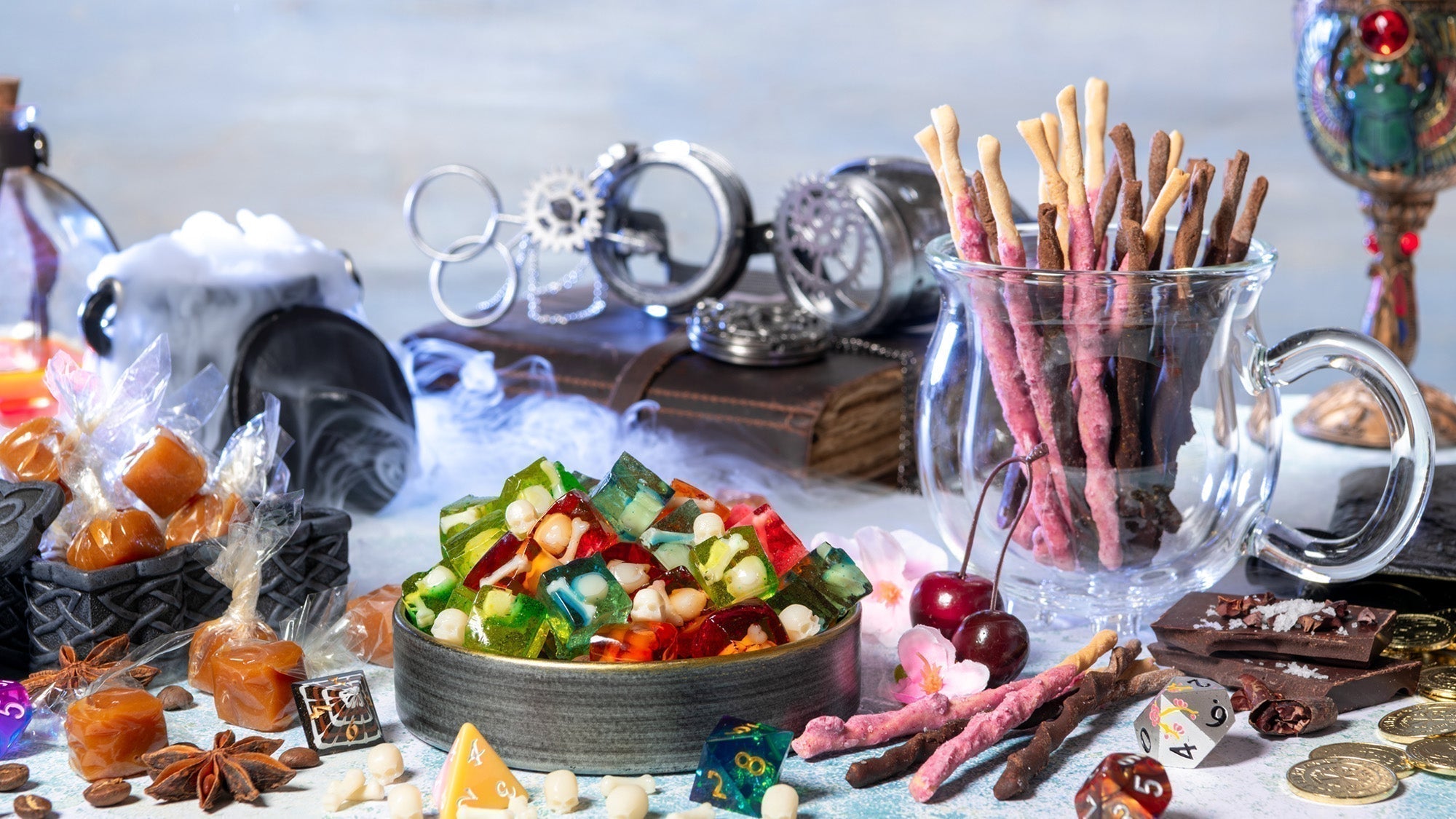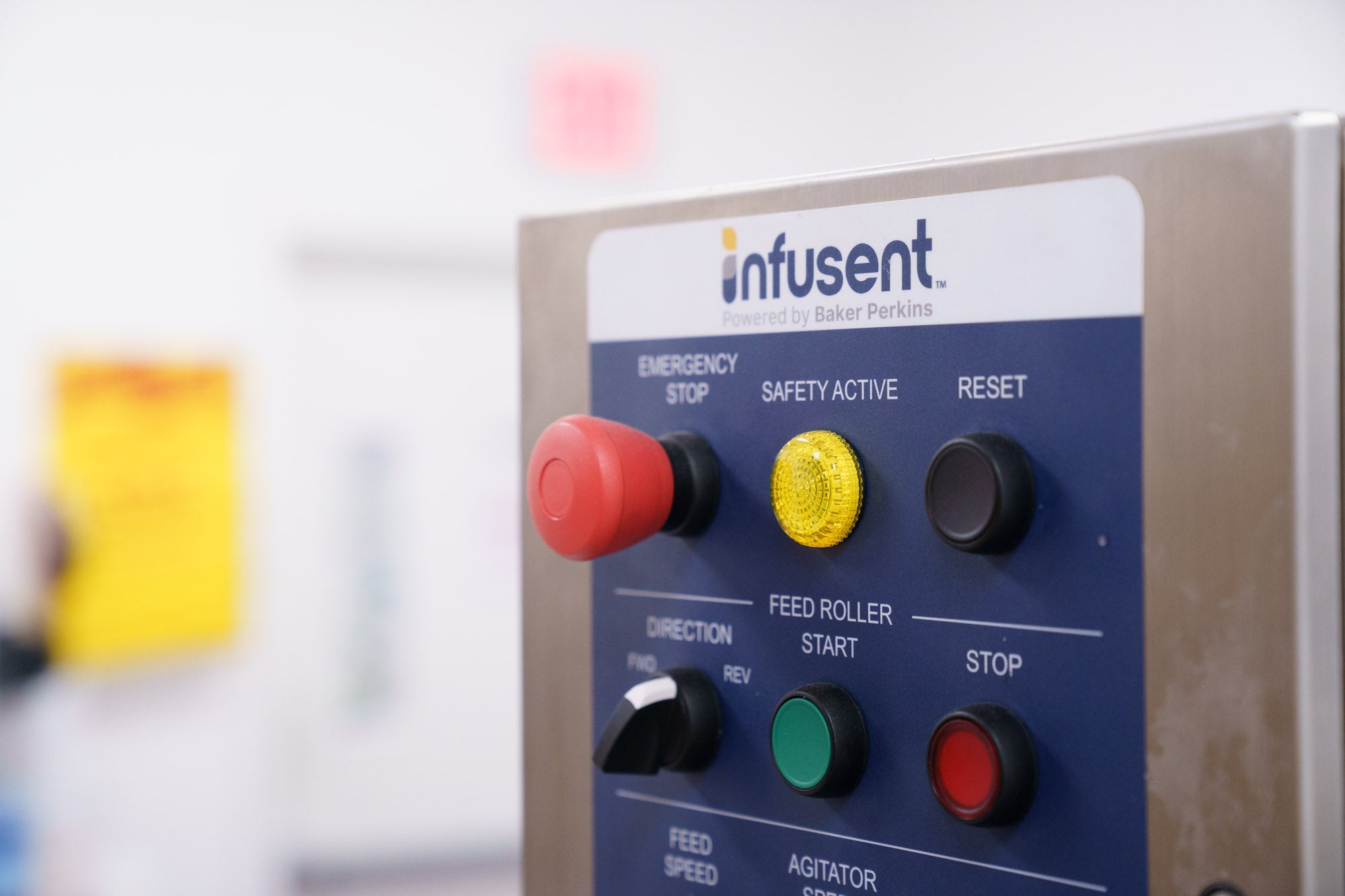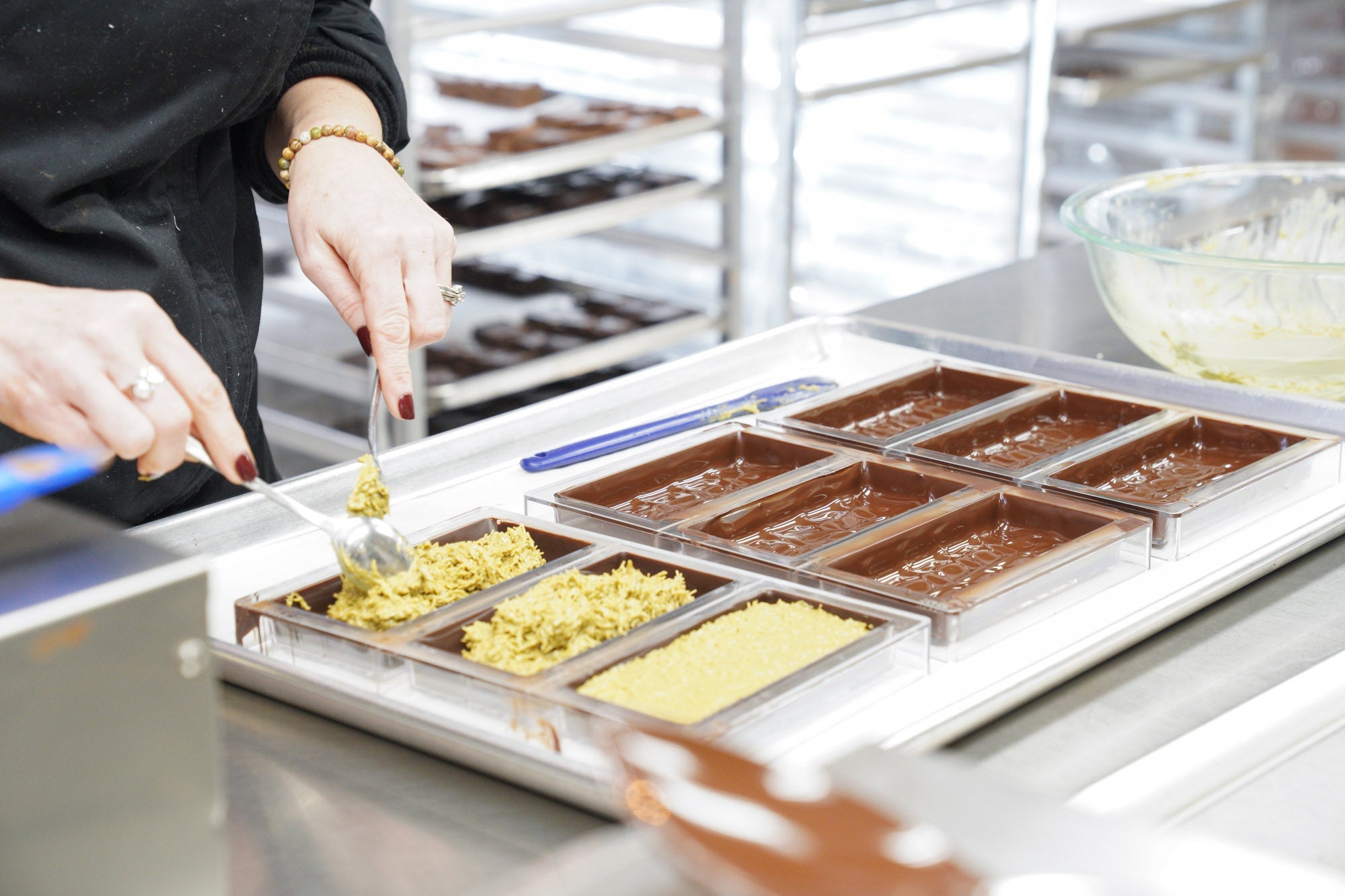The cannabis industry is bombarded with regulation. Look into any legislation or regulation, and you will find elements of child safety and protection. Whether it is food regs, packaging guidelines, there are a number of steps that must be taken to ensure children are not exposed to risk of harm. So why is there an increasing number of children becoming sick from edibles? The State of Massachusetts has recently experienced this exact issue.
South Shore Health, an independent, not-for-profit primary healthcare system, is currently dealing with an upward trend in pediatric admissions. The reason? THC edibles that look like regular candies.
As we question why this happens, we are left wondering; what can be done about this? There are many factors to take into consideration;
The Production of Edibles
Manufacturing edibles themselves is a prolonged process. A part of that process is the actual design of the edible itself. Once the design is complete, a mold is created to produce the edible in batches, and dose the edible appropriately.
For a mold to look like a regular, leading candy that is desirable to kids, this means there are manufacturers out there who are willing to produce these molds. At this point we ask, are they aware their mold will be used for infused candy? Should this be regulated in some capacity? Can they be held to account? At this moment in time, manufacturing companies are not subject to any form of regulation in respect of product design, and even if this were the case, molds could easily be purchased outside of the United States.
The Law
Many states now factor in packaging and label requirements. Some states go as far as using these requirements when decision making as part of their licensing processes. But what do these States, and the law, do?
- Some States adopt state regulatory symbols, imprinted onto edibles themselves. This helps to recognise an infused candy from a regular candy.
- Some States require designs to be signed-off before they can be manufactured, an effective way to monitor production.
- Some States require edibles to be plain, or have no likeness to anything desirable to kids (animals, certain shapes, logos).
- Some States require robust, childproof packaging, similar to that of the pharmaceutical industry.
Conditions or rules like this do attempt to mitigate the risk, however the State must then rely on its commitment to enforcement in order for these rules to have any effect.
Parental Responsibilities
So an edible somehow makes it through all of the above, and hits the market. Should parents take the blame? Prescription drugs are often kept out of reach of children. Edibles arguably, if kept in the household, should follow suit.
In instances in Massachusetts, where 80% of calls taken by the MA Poison Control Center were the result of pediatric exposure to edibles, it is difficult to find sources of information indicating parents were actually prosecuted.
Edibles are used for a variety of reasons and have recently seen an explosion in sales thanks to the physical and mental effects people are experiencing during the Covid-19 pandemic. This means edibles may well be in the homes of the everyday American, increasing risk of exposure to children. It is imperative for parents to understand the risks of having edibles around children, particularly if the edible may look appealing as a candy.
Sales
Thankfully, certain illegal direct sales of edibles to children in recent months have led to prosecution. This is in turn thanks to existing penalties for possession with intent to distribute, whereby supply to children or distribution near school zones can lead to felony convictions.
We must question however, the responsibility that legitimate sellers have on their shoulders. Distribution of edibles, packaged like major candies, or packaged to look appealing to children, should not be made available to purchase full stop.
Most legitimate retailers, whether online or with a physical store presence, have robust policies in place to prevent falling foul of the law. Some companies go as far to employ Compliance Officers, to ensure the company conducts its business lawfully.
There are many other issues that will surround an area subject to such strict regulation, but in order for us to ensure we are all playing our part, we need to approach the industry with a collective responsibility. With this approach, we have the opportunity to promote not just edibles, but the wider cannabis industry, as a legitimate, well-regulated contribution to the economy, sustaining jobs, economic growth, and doing everything within its power to operate in a responsible manner.
Bold Maker Molds
Here at Bold Maker, we are at the top of the manufacturing chain. Our molds are FDA compliant for food safety purposes, and we adopt State Regulatory symbols where appropriate. We are alive to legislation nationwide, and do everything we can to help the customer remain compliant. Compliance is, of course, ultimately the responsibility of the customer or license holder, but we can all play our part in minimizing risk to our children, and as part of our commitment to social responsibility and public safety, this is something that we will continue to do in the future.
Do you make candies, chocolates or gummies? Contact us for your next project and see how Bold Maker can help you.





